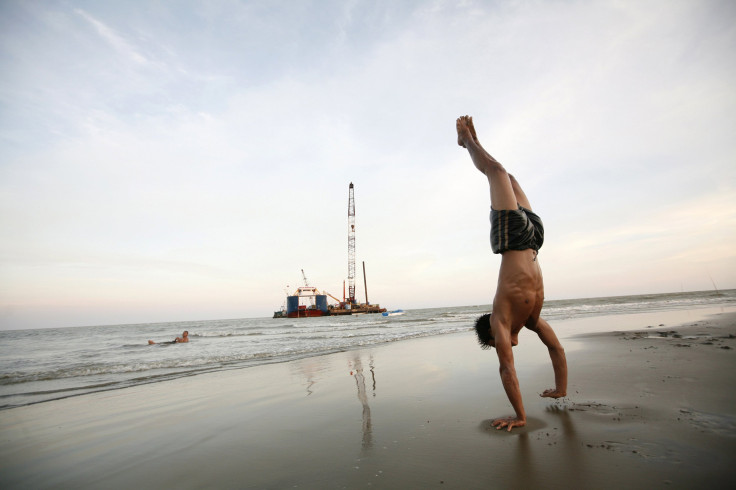Myanmar Oil And Gas: Domestic Demand Comes Before Exports, Ministry Of Energy Says

Myanmar will satisfy its domestic oil and gas needs before considering exporting its natural resources, said a senior planner in the Ministry of Energy.
The confirmation comes as the ministry gets ready to announce the winners of the tenders to explore 30 oil blocks off of Myanmar’s coastline this month. International companies, including Royal Dutch Shell PLC (NYSE:RDS.A), Exxon Mobil Corporation (NYSE:XOM), Total SA (NYSE:TOT), Statoil ASA (NYSE:STO) of Norway, and ConocoPhillips (NYSE:COP), were invited to bid last year, even though no one knows what the previously unexplored fields will yield.
“The government decided [that only] after fulfilling the domestic sector we will export,” the deputy director-general of the ministry’s planning department, Win Maw, told Platts industry analysts in Tokyo while attending an oil industry conference, Irrawaddy reported Friday.
The announcement marks a departure from the Southeast Asian nation’s current approach to natural resources, as some 80 percent of the natural gas produced by its three major offshore blocks, the Yadana, Yetagun and Shwe, is fed into China or Thailand.
Myanmar, which is undergoing rapid modernization, indeed needs its own energy resources, especially for electricity generation. Only 30 percent of the nation has access to electricity, and the electricity grid still suffers frequent outages.
The government is even considering plans to import expensive liquid natural gas (LNG) to meet rising domestic demand, as it drums up efforts to provide electricity to the rest of its impoverished citizens this year.
The news shouldn’t come as a surprise to the bidders for the offshore blocks, however, according to Collin Reynolds, a regional energy analyst based in Bangkok.
“The international companies who have placed bids for the first round of 30 offshore blocks will have been aware of possible export restrictions on any new discoveries,” Reynolds told the Irrawaddy. “What they will be betting on is that discoveries will be so large that Burma won’t have need for it all and so it can go into export markets.”
The Ministry of Energy also has plans to invite foreign bidders for a contract to build a new oil refinery with a processing capacity of 56,000 barrels per day, said Platts, which is more than the total current capacity of the country’s three existing refineries.
© Copyright IBTimes 2024. All rights reserved.











